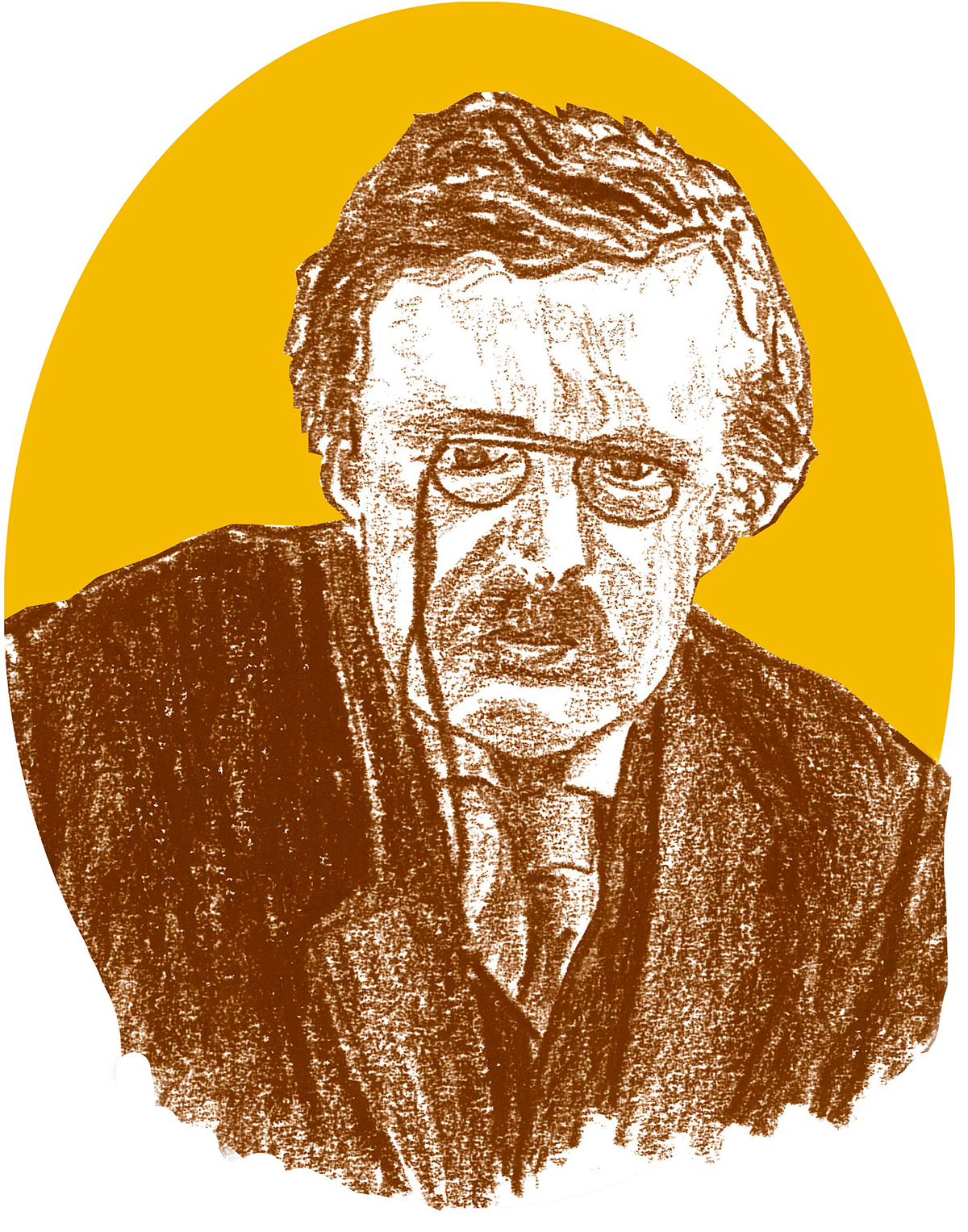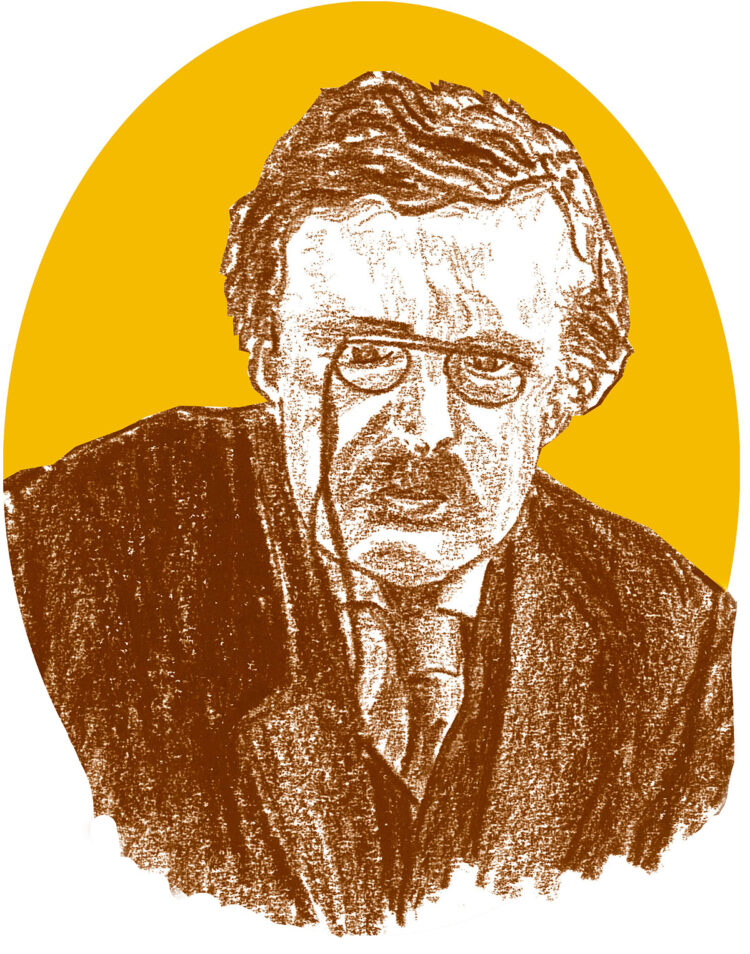(Ephesians 5:8)
Parents, leaders, and educators, we have a mission, a duty to lead children's souls toward the Light which will be their guide and their happiness. In order to illuminate the way that lies before each one of us, once a week we invite you to discover some of the words of certain wisemen and witnesses, measuring their worth by the words of St. Thomas Aquinas: “Do not consider the one who speaks, but whatever good you hear from him, confide it to your memory.” (from The Sixteen Ways to Acquire the Treasure of Knowledge by St. Thomas). Happy reading!

“Christianity is always out of fashion because it is always sane; and all fashions are mild insanities. When Italy is mad on art the Church seems too Puritanical; when England is mad on Puritanism the Church seems too artistic… The Church always seems to be behind the times, when it is really beyond the times; it is waiting till the last fad shall have seen its last summer. It keeps the key of a permanent virtue… The Church is the only thing on earth that can perpetuate a type of virtue and make it something more than a fashion… Empires break; industrial conditions change; the suburbs will not last for ever. What will remain? I will tell you. The Catholic Saint will remain.”
Chesterton (1874-1936)
Writer and journalist
“I have been constantly refreshed at the source of Chestertonian thought and I have never ceased to have recourse to it whenever I needed to clarify my own thoughts, illuminating my subject by the concordance of ideas, words, and images which rise out of his books like dazzling rockets, and which fall back in starry bouquets. Incidentally, such attachment has earned me the ire of Paul Ponday who, irritated by these incessant reminders, never missed a chance to speak of the “inevitable Chesterton” when speaking about me. Thus, well before I had the honor of becoming friends with this kind, sunny-faced giant of well-rounded girth, who was also the jolliest man alive, Chesterton appeared on my list of benefactors, as one of those whose works will have been a sort of liberation for me. From the outset, he enters the fight for the pleasure of it, through a kind of exuberance and plenitude, a sort of joie de vivre. But, in the heat of the battle, he perceives that to hit so well and so often, his dialectic virtuosity isn’t quite enough; the quality of the weapon he has in hand never ceases to amaze him. And little by little, you can feel the confidence of the fencer getting stronger, becoming more sure of his blade than of his proper knowledge. From that point on he pushes further and further, to the very center of contradiction, seeking to reach the essential that lies beneath the circumstantial, the eternal which lies beneath the transitory. What is it that he wants and what is the passion that pushes him thus? Under a paradoxical appearance, and even while he seems to be tracing surprising arabesques in the air, we discover a strange gravity. What is he asking of his adversary in saluting him thus with his sword? That he engage his faith, his ideas, his conception of the world, his entire universe in the battle. He will allow for no escape, will not cede one square inch. He aims directly for the head, and the heart, for the duel is one in which the ultimate value of human life is at stake (…) Imagining himself alone, upright before the enemy, he realized that he was in reality borne up by all of Christianity. The weapon he thought was all his own didn’t even belong to him. (…) and while at the end of his battle he was called upon to name his philosophy, he was forced to admit with humble defeat, “I will not call it my philosophy; for I did not make it. God and humanity made it; and it made me.”
Henri Massis (1886-1970)
Literary critic, political essayist, and literary historian
In the same category « Christian Life », also read :

